Spine Surgery and Spinal Procedures
Home » Neurosurgery Treatments » Spine Surgery and Spinal Procedures
Spine Surgery: Choosing the Best Type for You
The Morrison Clinic™ recognizes spine surgery is a significant decision, and that patients in need of it have clear goals. They want the approach most likely to deliver the best outcome, and they would prefer one that requires the least amount of recovery time.
Making this decision often means understanding the differences between the modern techniques we specialize in, such as minimally invasive spine surgery, endoscopic spine surgery, and robot-guided surgery, comprared to traditional open surgery.
To determine which surgical approach is best for any given patient, Dr. Morrison employs criteria in this order:
- Which approach is the safest?
- Which will deliver the best outcome?
- Which will have the shortest recovery time?
So that we can help you be confident in your deicison, below is an overview of different types of spine surgery,
The Morrison Clinic™ Prefers Centinel Spine Hardware

Minimally Invasive Spine Surgery (MISS)
Minimally invasive spine surgery (MISS) is a type of surgery on the bones of your spine. As the name suggests, it utilizes small, or minimal, incisions. This minimally-invasive approach reduces the amount of trauma to muscles and other tissues, leading to a brief recovery.
The Morrison Clinic can use MISS for certain types of surgical spinal procedures, including lumbar discectomy, laminectomy, and spinal fusion.
Minimally Invasive Surgery: Conditions Treated
MISS is proven to effectively treat the following conditions:
- Herniated disc
- Spinal stenosis (narrowing of the spinal canal)
- Spinal deformities (like scoliosis)
- Spinal instability
- Spondylolysis (a defect in a part of lower vertebrae)
- Fractured vertebra
- Removal of a tumor in the spine
- Infection in the spine
If you have these conditions, minimally invasive surgery may be the right choice for you. Schedule an e-consult to discuss its suitability for your needs.
Minimally Invasive Surgery: Differences & Advantages
Minimally invasive surgery is performed using a much smaller incision than open surgery. Small tube-shaped retractors, rather than the large muscle-dissecting ones used for open surgery, create a narrow opening for our neurosurgeons to access the spine.
Because small instruments are used to remove pieces of damaged vertebral matter, there is less trauma to the muscles and soft tissues that surround the spine. This means rapid recovery and reduced pain.
Compared to open surgery, minimally invasive surgery patients typically experience:
- Less blood loss during surgery
- Less postoperative pain
- Faster recovery time
- Improved results from therapy
- Smaller scars
- Reduced infection risk
Endoscopic Spine Surgery
Endoscopic spine surgery is a type of minimally-invasive surgery. It takes the concept a step forward and is recognized as the least invasive of all spine surgeries.
When performing it, our spine neurosurgeons use an endoscope to address the root generator of patients’ neck, back, or leg pain. Very small instruments are used during the procedure in order to surgically treat the affected areas of the spine — which can include the placement of hardware.
The Morrison Clinic can perform endoscopic surgery on herniated, protruded, extruded, or bulging discs, as well as a disc tear that’s compressing and irritating the spinal nerves.
Notably, endoscopic surgery is a leading modality for addressing a prior failed spine surgery.
Endoscopic Surgery: Conditions Treated
Endoscopic procedures are proven to effectively treat the following conditions:
- Arthritis of the Spine
- Chronic Facet Disease
- Herniated or Bulging Discs
- Spondylolisthesis
- Discogenic Back Pain
- Radiculitis or Radiculopathy
- Sciatica
- Foraminal Stenosis
If you have these conditions, an endoscopic procedure may be the right choice for you. Schedule an e-consult to discuss its suitability for your needs.
Endoscopic Surgery: Differences & Advantages
A form of minimally invasive surgery, endoscopic surgery is performed with an endoscope and offers the following additional advantages over other types of spine surgery:
- Greater surgical accuracy, thanks to the use of an HD camera
- Less risk of scarring and scar tissue
- Preserved spinal mobility
- Localized anesthesia and sedation (compared to general anesthesia)
- Reduced post-operative pain
- Rapid resumption of normal activities, including return to work
Robotic Spine Surgery
Robotic spine surgery is the most modern technique for spine neurosurgery. It employs robotic technology to help guide your neurosurgeon by utilizing a 3D visual array that overlays imaging, such as CT scans, to direct the robot-guided arm. This improves the accuracy of many procedures — such as those involving the placement of rods or screws, like spinal fusions — by enabling surgeons to make more precise movements.
This type of spinal procedure enables the performance of recurring tasks with high levels of mechanical endurance, and without potentially decreased performance.
Robot-Guided Surgery: Spinal Procedures & Uses
Robotic surgery has been proven to achieve exceptional outcomes in these spinal procedures and treatments:
- Anesthetic block for nerve pain
- Correction of deformities
- Spinal fusions (anterior, posterior, lateral)
- Minimally-invasive decompression
It is also highly effective for assisting with revision surgery after previous procedures for spondylolisthesis, stenosis, spondylolysis, vertebral fractures, and osteomyelitis.
- Spinal fusion
- Tumor resection
- Vertebroplasty for compression fractures in the spine
If you need these types of spine treatments, a robot-guided procedure may be the right choice for you. Schedule an e-consult to discuss its suitability for your condition today.
Robot-Guided Spinal Procedures: Is it Right for You?
Dr. Morrison is thoroughly trained in the performance of robot-guided spine neurosurgery, and the equipment is available to The Morrison Clinic™ on-demand.
While its uses are often very specialized, you may be a candidate for a robot-guided spine procedure if you require one of the treatments above.
Request a consultation below to learn more about if robot-guided surgery is an option for you.

